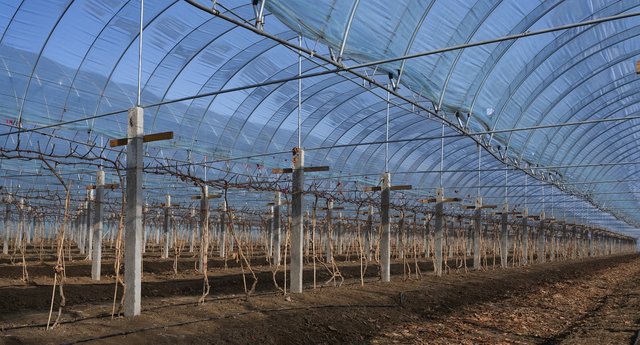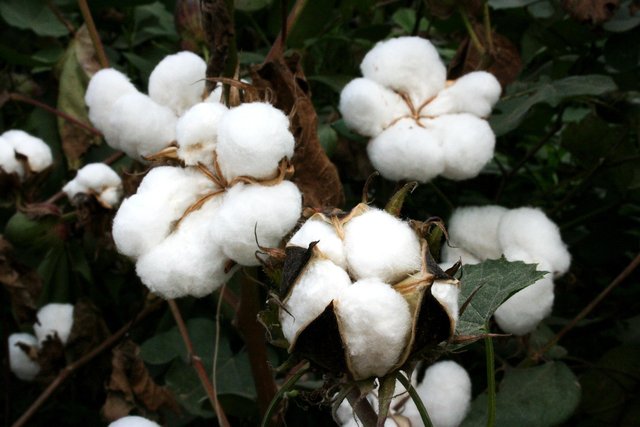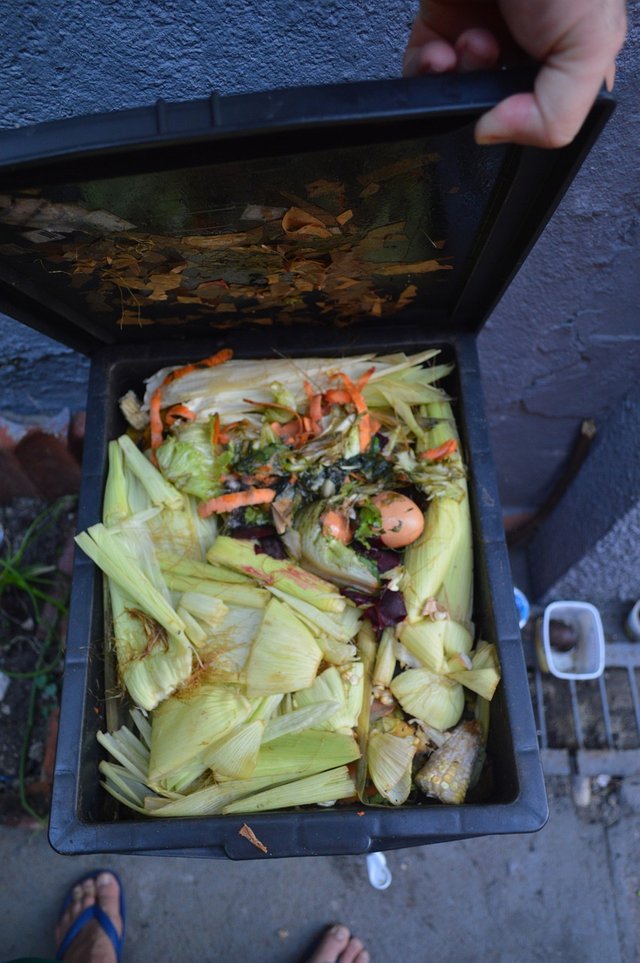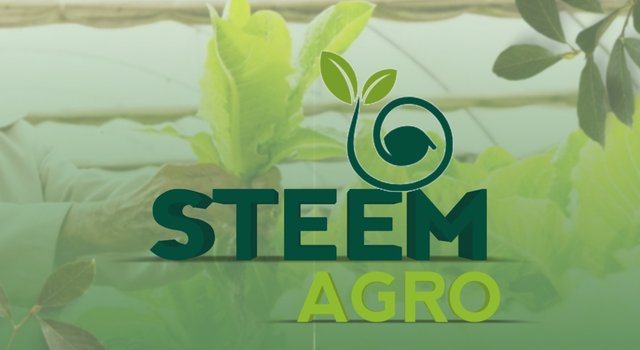Basic Knowledge in Agriculture #37
| Biotechnology in Agriculture |
|---|
When people hear the word biotechnology, they immediately think it’s something far-fetched or complicated — like something out of a science fiction movie. In fact, you and I have probably eaten something today that came from biotechnology without even knowing it.
Discuss about Biotechnology in Agriculture
| What is Biotechnology in Agriculture? |
|---|
The term Biotechnology in agriculture is the use of scientific techniques, which mostly involves living organisms to improve how we farm. Whether to improve the crops we plant, or the animals we rear, biotechnology involves using things like genetic modification, tissue culture, marker-assisted breeding, and more to make farming even better and more productive.
Explaining further, it’s like upgrading the natural settings of crops and animals to make them stronger, faster-growing, resistant to disease, or even tastier. Imagine maize that can grow faster and survive dry seasons, or cassava that doesn’t get affected by common diseases. That’s the power of agricultural biotechnology.
Discuss about its applications in Agriculture
| Applications of Biotechnology in Agriculture |
|---|
There are plenty of ways biotechnology is being applied to agriculture — both in Nigeria and around the world. Some of these ways include:
This is one of the most popular applications. Scientists alter the natural genetic design of crops to give them special attributes — like resistance to pests, drought, or diseases. Examples of crops that fall under these categories; Bt cotton, modified maize, and golden rice.
Taking a look at Bt cotton, it was developed to naturally resist bollworm, a very destructive pest in cotton farming. Instead of spraying chemicals every week, the crop protects itself, this is as a result of biotechnology.
This process involves the growing of new plants from a small part of the original plant and this experiment is mostly carried out in the lab. It is widely used for bananas, pineapples, yams, and more. The main benefit is that you can produce a large number of uniform, healthy seedlings in a short time.
Biotechnology is not only for crops. It is also used to improve livestock as well. With the aid of artificial insemination and embryo transfer, we can improve the quality of cows, goats, and poultry for better meat, milk, or egg production.
Instead of solely depending on chemical fertilizers and pesticides that can damage the soil and harm humans in various ways, biotechnology introduces safe alternative methods like the use of nitrogen-fixing bacteria, natural insect repellents, and disease-fighting microbes. As this will reduce the emergence of new diseases which are dangerous to humans.
Biotech also helps extend the storage life of crops. Some tomatoes and fruits are engineered to ripen slower, thereby giving farmers time to transport and sell before spoilage. It also helps in processing foods to be more nutritious and longer-lasting.
Discuss on the Benefits and challenges of Biotechnology in Agriculture
| Benefits of Biotechnology in Agriculture |
|---|
Biotechnology helps in diverse ways to solve difficult problems with simple methods. Here are some of the benefits it brings:
Increased Food Production
From the improved seeds, pest-resistant crops, and faster-growing animals, farmers can produce more food on the same land. As this is helpful in countries like Nigeria with growing populations, by providing enough food for the increasing population, as this helps to eradicate hunger.Reduced Cost of Farming
If crops can resist pests on their own, then there will be need for chemicals to kill pests, and this in turn saves money on pesticides, fertilizers, and even labour, and the money saved can be diverted to other sections to improve farming.Drought and Disease Resistance
As we all know, we can never predict rainfall, and as such, biotech crops can survive harsh weather and still do well — and this means better harvests in difficult seasons, as this provides food all year to without waiting for seasons.Improved Nutrition
Some biotech crops have been designed to contain extra vitamins and nutrients. And one of such is; golden rice, which has extra Vitamin A to fight deficiency-related blindness in children.Environmental Protection
Using fewer chemical products and relying more on natural processes means the environment gets less polluted and less harmful to humans. Also, crops that grow faster help reduce deforestation and land pressure
| Challenges of Biotechnology in Agriculture |
|---|
But with the great benefits that comes with it, biotechnology also comes with some challenges. As the popular saying goes;
"Nothing good comes easy"
Here are some challenges:
Public Fear and Misinformation
Many people don’t understand what GMOs or biotech crops are, and because of that, they fear them. There are lots of false theories saying that those crops are harmful, can cause cancer, or make people infertile. Even when there's no proof, the fear remains, this is because people are still trying to accept technology, and as such the doubt remains.High Cost of Research
To Set up biotech labs, do genetic engineering, and even training experts cost a lot of money. And because of this, Many developing countries can’t afford it easily, and this slows down the progress of this emerging technology.Dependence on Foreign Companies
Most biotech seeds are owned by large multinational companies. This makes farmers to buy new seeds every year instead of saving from last season. This creates dependence and can be expensive.Ethical and Cultural Concerns
Some religious or cultural groups are against “modifying nature”. They believe interfering with genes is going against God's natural modification and should not be allowed. This therefore creates debates about whether it should be accepted or not.Regulatory and Legal Issues
Not all countries have laws to monitor and control biotech farming, as most countries still have regulatory issues on this matter. In Nigeria, the National Biosafety Management Agency (NBMA) is doing its best, but there’s still a lot of work to be done in monitoring and enlightening the public on the benefits of this advanced technology.
| My Personal View as a Nigerian Student |
|---|
As someone studying in the field of engineering and seeing how food scarcity affects my country, I honestly believe biotechnology is a blessing we should embrace. Yes, there are risks, but every new technology starts with confusion and doubt.
If we can educate our farmers and the public, invest in local research, and make policies that protect both farmers and consumers, biotechnology can truly transform agriculture in Nigeria.
In my area, I’ve seen farmers struggle with pests, drought, and crop diseases. With biotech help like improved seeds or natural pest control, many of these problems would reduce. I look forward to a day when we won’t have to import food because we’re producing enough — thanks to science and technology.
| Final Thoughts |
|---|
Biotechnology in agriculture is not just about science — it's about survival. It's about making food available, safe, affordable, and nutritious for everyone. While it’s still developing in my country Nigeria, the potential is huge.
So Let’s keep an open mind, ask questions, and support innovations that aim to make life better. After all, farming is no longer about just hoe and cutlass. But now its evolving to modern technology techniques like biotech.
I invite @imohmitch @promisezella @mr-peng to participate in this contest





My twitter share:
https://x.com/Samuel62685837/status/1941839904108863686?t=2JzsZiD319fNDRBWIDUlTA&s=19
Upvoted! Thank you for supporting witness @jswit.
Welcome to steem-agro!
MODs Comment/Recommendation:
Thank you for sharing biotech in agriculture with us in detail.
Remember to always share your post on Twitter using these 3 main tags #steem #steemit $steem

Curated by: @ashkhan